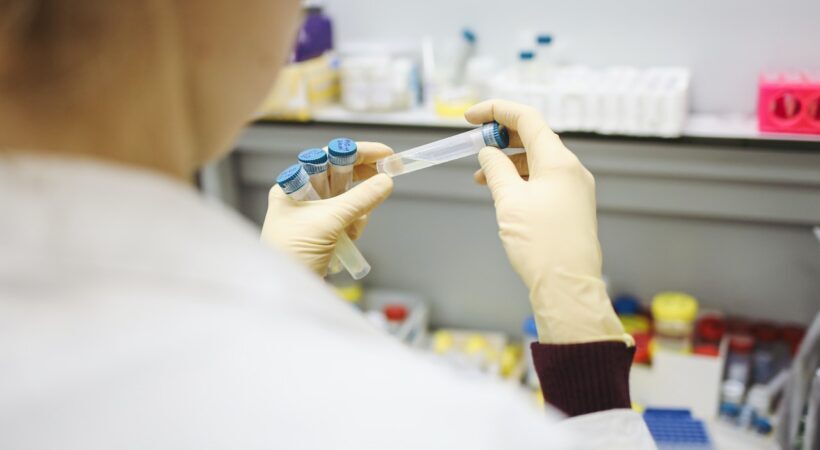Understanding Disease X: A Potential Future Threat

In a recent meeting at the World Health Assembly in Geneva, Dr Tedros Adhanom Ghebreyesus, the director-general of the World Health Organization (WHO), issued a warning about a hypothetical but potentially devastating virus known as ‘Disease X’. While the world grapples with the aftermath of the Covid-19 pandemic, which claimed countless lives, the WHO urges global preparedness to combat future outbreaks.
WHAT IS DISEASE X?
Disease X is a concept rather than a specific illness. It represents an unidentified disease that may arise from a human infection yet remains unfamiliar to medical research. By using the term ‘Disease X’, the WHO aims to highlight the potential for an unknown disease to cause a severe epidemic in the future.
The term ‘Disease X’ was introduced by the WHO in 2018 as a placeholder. It served as a reminder of the ongoing possibility of an unknown pathogen. When a future epidemic occurs, the name ‘Disease X’ will be replaced with the actual name of the newly identified illness.
IS IT DANGEROUS?
The WHO chief has already cautioned that Disease X could emerge as a deadly threat in the future. Consequently, it is crucial for people to remain vigilant and prioritize their health.
Experts speculate that Disease X will likely be zoonotic, similar to past outbreaks such as Ebola, HIV/AIDS, and Covid-19. However, it is currently impossible to accurately predict the nature or specifics of Disease X.
In light of this uncertainty, global efforts must focus on bolstering preparedness, enhancing surveillance systems, and advancing scientific research to swiftly identify and combat any future disease outbreaks.
It is essential for governments, international organizations, healthcare systems, and individuals to collaborate and prioritize preventive measures, including robust public health infrastructure, early detection mechanisms, and efficient response strategies. By remaining vigilant and proactive, we can effectively tackle potential future health crises and protect lives worldwide.















